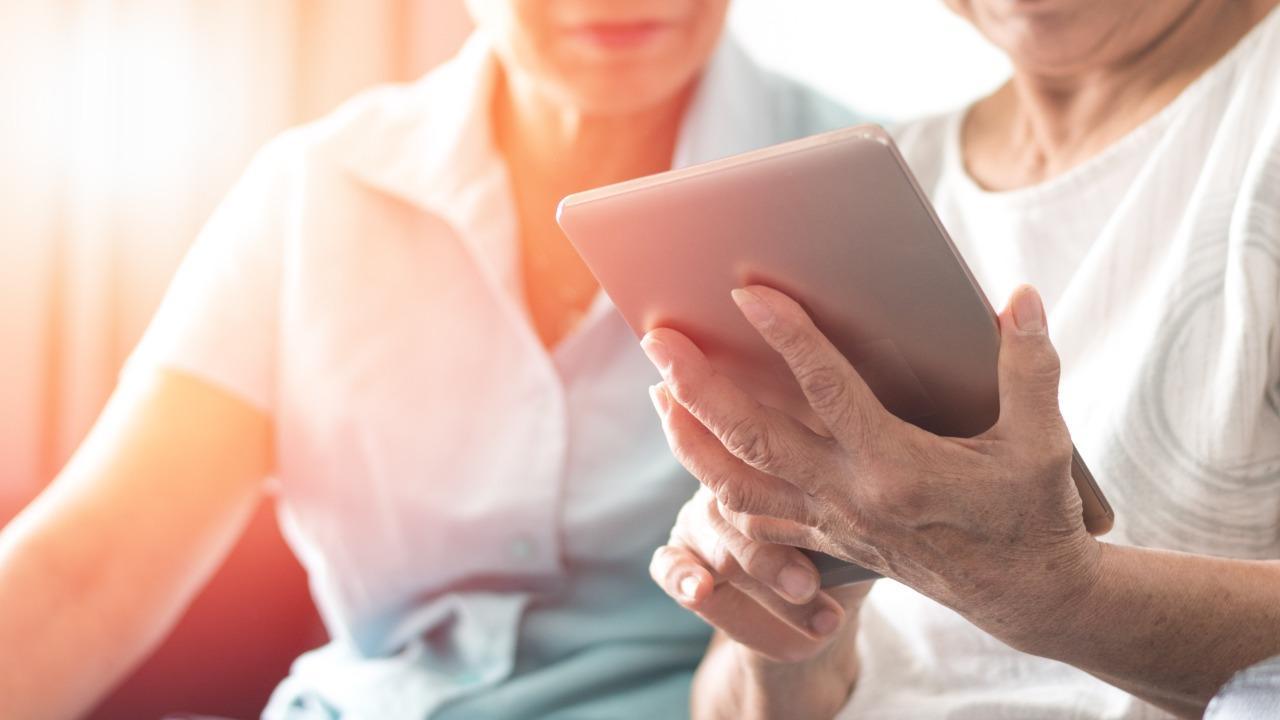Despite initially designed for entertainment, immersive virtual reality has attracted interest from the academic community because of its potential use for clinical purposes, since it allows the user to experience a virtual world through a virtual body

Image for representational purpose only. Photo: istock
The Covid-19 pandemic has clearly highlighted how technology has come to aid older adults and patients when they couldn't go physically for their regular checkups. Now, with virtual reality becoming more and more accepted in different walks of life, a new study has found that virtual training for patients who can't do physical exercise, is actually helpful to help reduce psychosocial stress and anxiety.
The study indicates that physical exercise benefits our overall well-being. But for some -- such as neurological patients, people suffering from cardiovascular disease, and hospitalised patients -- physical exercise is not feasible, or even too dangerous.
ADVERTISEMENT
However, similar effects may be brought about using Immersive Virtual Reality (IVR).
"While a moderate amount of exposure to stress might be beneficial, repeated and increased exposure can be detrimental to our health," said researcher Dalila Burin.
Despite initially designed for entertainment, IVR has attracted interest from the academic community because of its potential use for clinical purposes, since it allows the user to experience a virtual world through a virtual body.
In a previous study, the team found that looking at a moving virtual body displayed in first-person perspective induces physiological changes. Heart rates increased/decreased coherently with the virtual movements, even though the young participants remained still.
Consequently, acute cognitive and neural benefits occurred, just like after real physical activity.
In a follow-up study, the same benefits were also found on healthy elderly subjects after 20-minute sessions occurring twice a week for six weeks.
In the current study, published in the International Journal of Environmental Research and Public Health, the researchers explored the effect on stress, adding another level to the beneficial effects of virtual training.
Young healthy subjects, while sitting still, experienced a virtual training displayed from the first-person perspective, creating the illusion of ownership over movements.
The avatar ran at 6.4 km/h for 30 minutes. Before and after the virtual training, the researchers induced and assessed the psychosocial stress response by measuring the salivary alpha-amylase -- a crucial biomarker indicating the levels of neuroendocrine stress. Similarly, they distributed a subjective questionnaire for anxiety.
The results showed a decreased psychosocial stress response and lower levels of anxiety after the virtual training, comparable to what happens after real exercise.
Also Read: Personalised music coupled with auditory beat stimulation can reduce anxiety: Study
This story has been sourced from a third party syndicated feed, agencies. Mid-day accepts no responsibility or liability for its dependability, trustworthiness, reliability and data of the text. Mid-day management/mid-day.com reserves the sole right to alter, delete or remove (without notice) the content in its absolute discretion for any reason whatsoever.
 Subscribe today by clicking the link and stay updated with the latest news!" Click here!
Subscribe today by clicking the link and stay updated with the latest news!" Click here!








